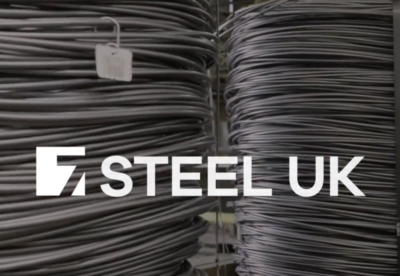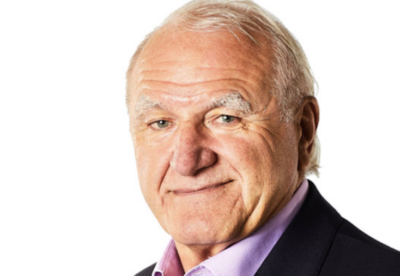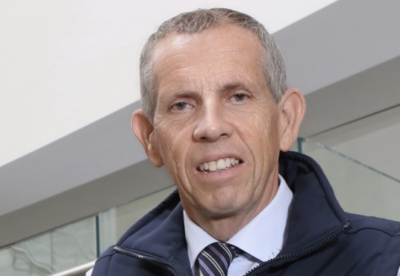Colin Macpherson, chief executive at Equans UK, blamed cost inflation, supply chain failures, legislative changes and ‘unsustainably low levels of return’ across the industry for its problems.
He said the social housing business would work through existing new build contracts leading to a complete withdrawal from the sector by 2025.
Under a fresh business strategy reflecting growing energy retrofit markets, Equans Regeneration will stick with housing and public sector building repair and maintenance. The only new build work it will deliver in future will be for the student accommodation market.
Latest accounts for Equans cover the year to the end of 2022, after publication was delayed by Bouygues’ acquisition of the business from Engie in October that year.
Before being bought by the French companies the business was known as Keepmoat.
Revenue for the year edged up 6% to £926m. But a re-assessment by Bouygues of contract liabilities and risks, building safety work provisions and operating losses on new build housing work plunged the business to a £136m pre-tax loss.
New build housing losses accounted for most of the reported loss at £99m.
Among the other write-downs, the re-assessment of work in progress, contract liabilities and bad debt added an extra £18m of costs.
Further legacy building safety work was estimated at over £14m and restructuring costs rose above £4m.
Looking ahead Equans aims to reach financial close on a major PPP student accommodation scheme with the University of Birmingham this Autumn.
Macpherson said the restructured Regeneration Group had a high-quality order book in chosen sectors that would provide long-term prospects for a sustainable business.











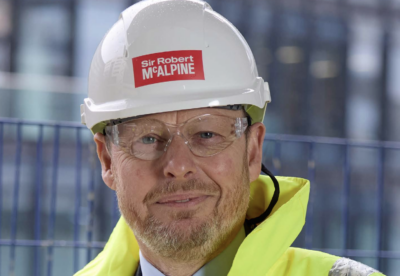
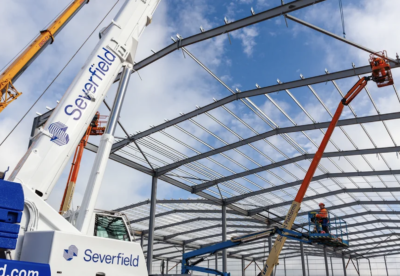
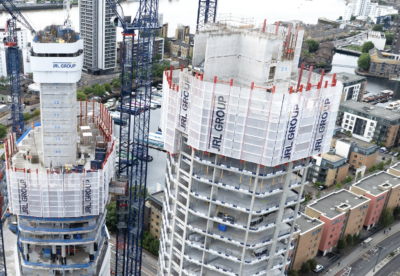
 (300 x 250 px).jpg)
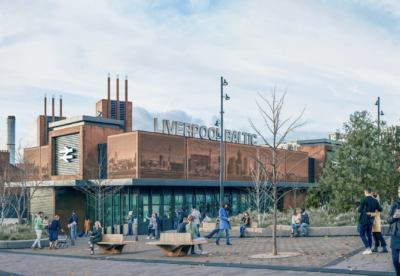



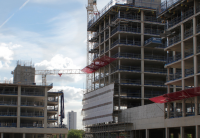



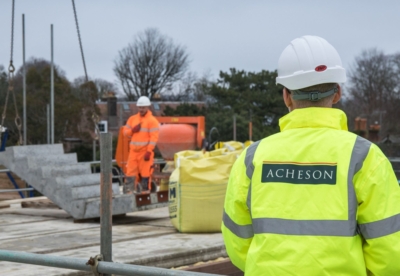
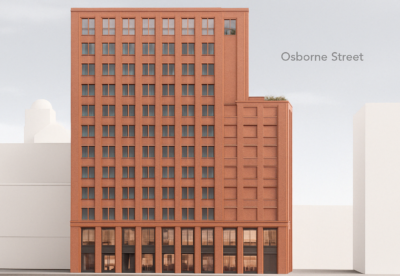




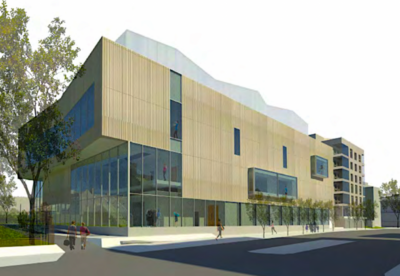
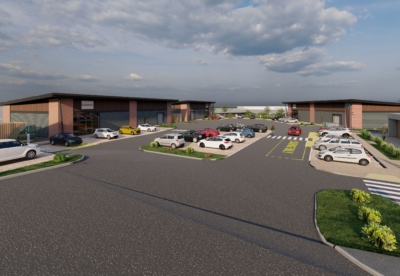

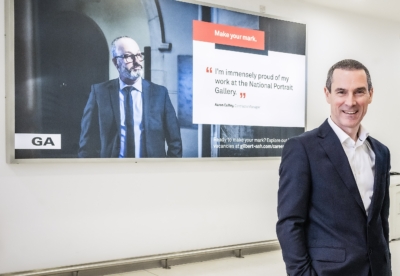



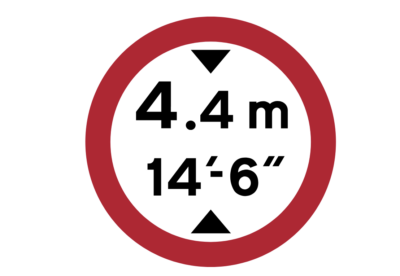
.gif)
